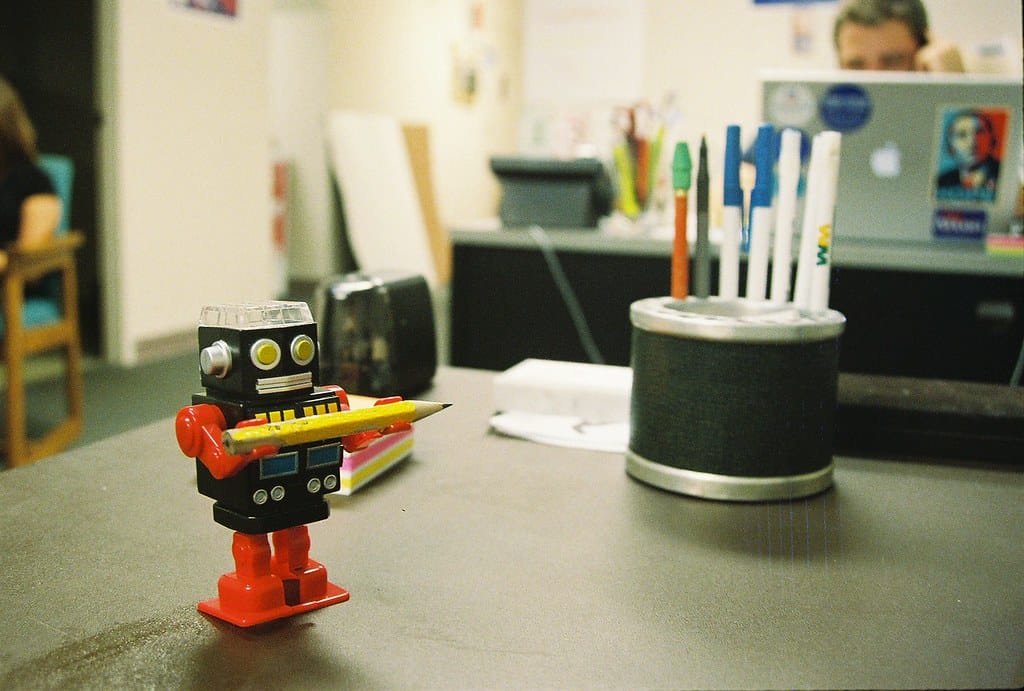AI Job Displacement Accelerating Faster Than Expected, Warns Anthropic CEO
The pace of artificial intelligence replacing human workers is advancing more rapidly than many experts predicted, according to Dario Amodei, CEO of AI safety company Anthropic. His recent warnings add urgency to growing concerns about AI's impact on employment across multiple industries, signaling that the future of work may arrive sooner than society is prepared to handle.
The Acceleration Timeline
Speaking at recent industry events, Amodei highlighted that AI capabilities are expanding at an exponential rate, with systems now demonstrating proficiency in tasks previously thought to require uniquely human skills. Unlike previous technological disruptions that unfolded over decades, AI's impact on employment appears to be compressing into a much shorter timeframe.
"We're seeing AI systems achieve human-level performance in areas we didn't expect for years," Amodei noted, pointing to recent breakthroughs in complex reasoning, creative writing, and analytical tasks. This acceleration is driven by rapid improvements in large language models and the increasing availability of computational resources.
Industries in the Crosshairs
The displacement threat extends far beyond manufacturing and routine tasks. Current AI systems are already demonstrating competency in:
Knowledge Work: Legal research, financial analysis, and consulting roles are increasingly susceptible as AI systems excel at processing vast amounts of information and generating insights.
Creative Industries: Content creation, copywriting, and basic design work face disruption as AI tools produce human-quality output at unprecedented speeds.
Customer Service: Chatbots and virtual assistants are handling increasingly complex customer interactions, reducing demand for human representatives.
Healthcare Administration: Medical coding, insurance processing, and appointment scheduling are prime targets for AI automation.
According to recent studies by McKinsey Global Institute, approximately 375 million workers worldwide may need to change occupations by 2030 due to AI and automation—a timeline that Amodei suggests may be conservative.
The Double-Edged Sword
While displacement concerns dominate headlines, Amodei also emphasizes AI's potential to augment human capabilities rather than simply replace them. The key distinction lies in how organizations choose to implement AI technologies.
"The question isn't whether AI will impact jobs—it's how we manage that transition," Amodei explained. Companies that view AI as a collaborative tool report increased productivity and job satisfaction, while those focused solely on cost reduction through replacement face higher disruption rates.
Early adopters in sectors like healthcare are finding that AI assists rather than replaces professionals, enabling doctors to focus on patient care while AI handles diagnostic analysis and administrative tasks.
Preparing for the Transition
Amodei's warnings come with a call for proactive preparation across multiple fronts:
Education and Reskilling: Traditional education systems must evolve rapidly to prepare workers for an AI-integrated economy. Emphasis on uniquely human skills—emotional intelligence, creative problem-solving, and complex interpersonal communication—becomes critical.
Policy Responses: Governments need to develop frameworks for managing large-scale workforce transitions, including potential universal basic income programs and retraining initiatives.
Corporate Responsibility: Companies implementing AI have an obligation to retrain affected employees rather than simply eliminating positions.
The World Economic Forum estimates that 85 million jobs may be displaced by AI by 2025, but 97 million new roles may emerge—highlighting the importance of facilitating this transition rather than simply mourning job losses.
What This Means Moving Forward
Amodei's assessment serves as both warning and opportunity. The acceleration of AI capabilities means that waiting for gradual adaptation is no longer viable. Organizations, workers, and policymakers must act decisively to navigate this transformation.
The companies and individuals who proactively adapt to AI integration—viewing it as a tool for augmentation rather than a threat to eliminate—are likely to thrive in this new landscape. Those who resist or ignore these changes may find themselves unprepared for a rapidly evolving job market.
As we stand at this inflection point, Amodei's message is clear: the future of work isn't approaching gradually—it's accelerating toward us. The question isn't whether AI will reshape employment, but whether we'll be ready when it does. The window for preparation is narrowing, making immediate action essential for workers, businesses, and society as a whole.
